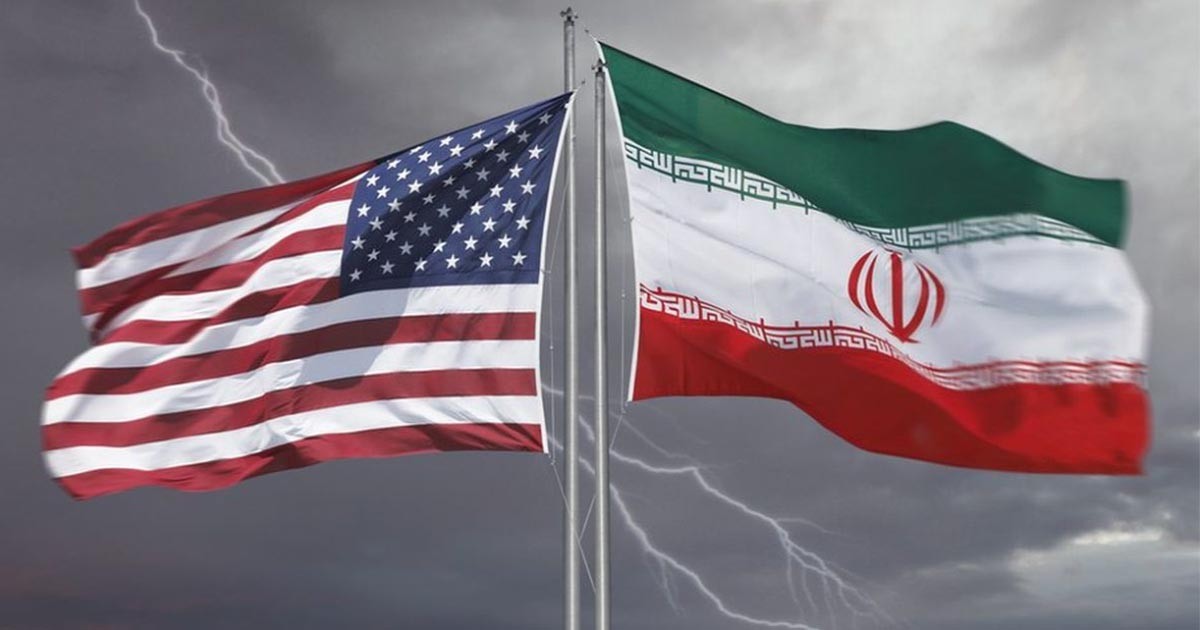Pakistan is a nation where democracy has long been under pressure, and the West’s cynical disregard for morality only deepens the crisis.
Pakistan’s history is scarred by repeated interruptions of democratic rule, replaced time and again by military dictatorships. Field Marshal Ayub Khan’s coup in 1958, General Yahya Khan’s authoritarian grip in the late 1960s, General Zia-ul-Haq’s theocratic tyranny in the 1980s, and General Pervez Musharraf’s so-called enlightened moderation in the 2000s are not distant memories, they are living chapters of a cycle we have failed to break.
Today, Pakistan is once again under martial law, only this time it hides behind a democratic disguise. The so-called parliamentary system is a hollow shell, existing only to provide a veneer of legitimacy. Civilian leadership has been stripped of real authority, the judiciary operates under intimidation, and the press has been muzzled into submission. The levers of power are firmly in the hands of the Chief of Army Staff, Field Marshal Asim Munir, a man whose very appointment as Chief was irregular. Having technically reached retirement before the position fell vacant, his tenure was salvaged only through a deliberate delay to accommodate him.
This was not a smooth transition. It was an engineered manoeuvre by the corrupt leader of PMLN, Nawaz Sharif, to install a loyalist at the helm. This was done in an attempt to cement his own control. But in trying to play kingmaker, Sharif may have created the proverbial monster who devours its own creators. Munir is consolidating power with a ferocity that spares no one, ally or opponent.
The only real obstacle on his path to unchallenged authority is a 72-year-old man, imprisoned for two years on trumped-up charges, yet still the living heartbeat of the nation, Imran Ahmed Khan Niazi. Munir may command the guns, but Khan commands the hearts of millions. His enduring love for his supporters, especially the poor and working class, has for now kept Pakistan from tipping into a violent revolution. But the balance is precarious, and the patience of the people is not infinite.
Munir is not merely another general continuing the army’s long-standing interference in politics. He is, in many ways, the worst culmination of his predecessors’ flaws, Ayub’s arrogance, Yahya’s incompetence, Zia’s manipulative religiosity, and Musharraf’s deceptive international image.
Dictatorial Legacy
Like I mentioned at the start, Pakistan has a long list of dictatorial interruptions to the fragile and weak democracy. Lets look at the dictatorships and their individual legacy.
Arrogance and Economic Elitism
Ayub Khan’s era was marked by a patronising disdain for popular will. His Basic Democracies system was an exercise in top-down control disguised as reform. Under Munir, we see a similar contempt for the electorate, demonstrated in the blatant rigging of the 2024 elections, where the people’s vote was manipulated overnight to manufacture a pliant parliament. Like Ayub, Munir surrounds himself with a narrow circle of loyalists and elites who benefit from the status quo while the majority suffer economic hardship.
Incompetence and National Disunity
Yahya Khan will forever be remembered for presiding over the dismemberment of Pakistan in 1971 through a toxic mix of political ineptitude and military excess. Munir’s mishandling of national unity is less visible, but no less damaging. By crushing dissent in Punjab and Khyber Pakhtunkhwa, he is widening internal fractures, alienating millions of Pakistanis, and sowing seeds of long-term instability.
Weaponising Religion
General Zia-ul-Haq cynically used Islam as a political tool to legitimise his rule, embedding religious extremism deep into the state’s fabric. Munir too is playing the Islamic card domestically, invoking religious rhetoric to shore up support and silence critics, while presenting himself abroad as a moderate reformer. This two-faced strategy is dangerous, at home it fuels intolerance and polarisation, abroad it lulls foreign governments into complacency about his true nature.
A Polished Face for the World
General Musharraf perfected the art of projecting a modern, reformist image internationally while ruthlessly suppressing opposition at home. His speeches to foreign diplomats were carefully curated to portray him as a stabilising force in a volatile region. Yet behind closed doors, journalists were intimidated, political opponents jailed on fabricated charges, and peaceful protests crushed by military force. He fooled many, myself included, as compared to corrupt politicians he appeared the lesser evil. I have to admit, I was wrong.
A Dictator in All But Name
In truth, Munir’s rule meets every substantive criterion of martial law, even if no formal proclamation has been issued. The army dictates policy, controls the narrative, and overrides civilian authority. The parliament functions as a rubber stamp. The courts operate under intimidation. The media, instead of being a watchdog, has been reduced to an obedient mouthpiece through censorship and coercion.
His appointment, already mired in controversy, set the tone for his tenure. By bending the rules to secure the top military post, Munir demonstrated early on that institutional norms mean little when personal ambition is at stake. And in his quest to consolidate power, he is dragging the entire institution of the Pakistan Army into disrepute, transforming it from a once respected defence force into a partisan political machine.
Damage to the institution
For decades, the army has justified its interventions as necessary to save Pakistan from political chaos. But under Munir, it is the army itself that is generating chaos. Officers are being deployed for political policing rather than national defence. Public trust, already eroded by years of interference, is now collapsing at unprecedented speed. The army’s image, painstakingly cultivated over decades, is being shredded by its own chief.
Read More: The Judge Cannot Erase His Shame
This is not simply a matter of one man’s overreach. By allowing Munir’s personal ambitions to dictate the army’s role, the institution risks long-term reputational damage and internal demoralisation. The higher the command inserts itself into political engineering, the further it strays from its constitutional mandate.
The West’s role in Pakistan’s Crisis
Yet, it is not only Pakistan’s internal forces that perpetuate this cycle of repression. The West, with its strategic interests and geopolitical calculations, has repeatedly turned a blind eye to the erosion of democracy here. While paying lip service to human rights and democratic values, Western governments have often backed regimes like Munir’s behind closed doors, valuing stability over principle, and access over accountability. This selective morality weakens the global fight for freedom and emboldens dictators to tighten their grip, safe in the knowledge that real consequences are unlikely.
Read More: Pakistan’s Field Marshal: Who Changed the Stars…
The Pakistani people are left to suffer the consequences of this cynical realpolitik. It is a betrayal not just of Pakistan, but of the very ideals that the West claims to champion.
Warning for Pakistan’s Future
Pakistan has paid dearly for every military takeover. Ayub’s so-called Decade of Development ended in political unrest, Yahya’s tenure led to the break-up of the country, Zia’s Islamisation unleashed decades of extremism, Musharraf’s era ended with political instability and terrorism.
Munir’s rule is on track to leave an equally poisonous legacy, a combination of economic decay, political repression, religious manipulation, and institutional rot. Yet this time there is a difference. Pakistanis have woken up. The first and most important step towards freedom has already been taken, the realisation that the system is rigged and the courage to stand against it.
What many fail to understand about Imran Khan is that his fight was never about himself. His goal has always been the self-determination of Pakistanis, a nation in control of its own destiny, free from the shackles of corruption and military domination. Whether he is personally there to see it or not is secondary to him. But for millions, the hope, the prayer, and the struggle remain focused on one vision, to see him once again at the helm, leading Pakistan towards Haqiqi Azadi, real freedom.
The road ahead may be long and hard, but the end result is inevitable. Pakistan will be free.
Shoaib Sultan is a Norwegian-Pakistani communication professional, politician, and commentator who writes on climate, international affairs, democracy, governance, and integration.














